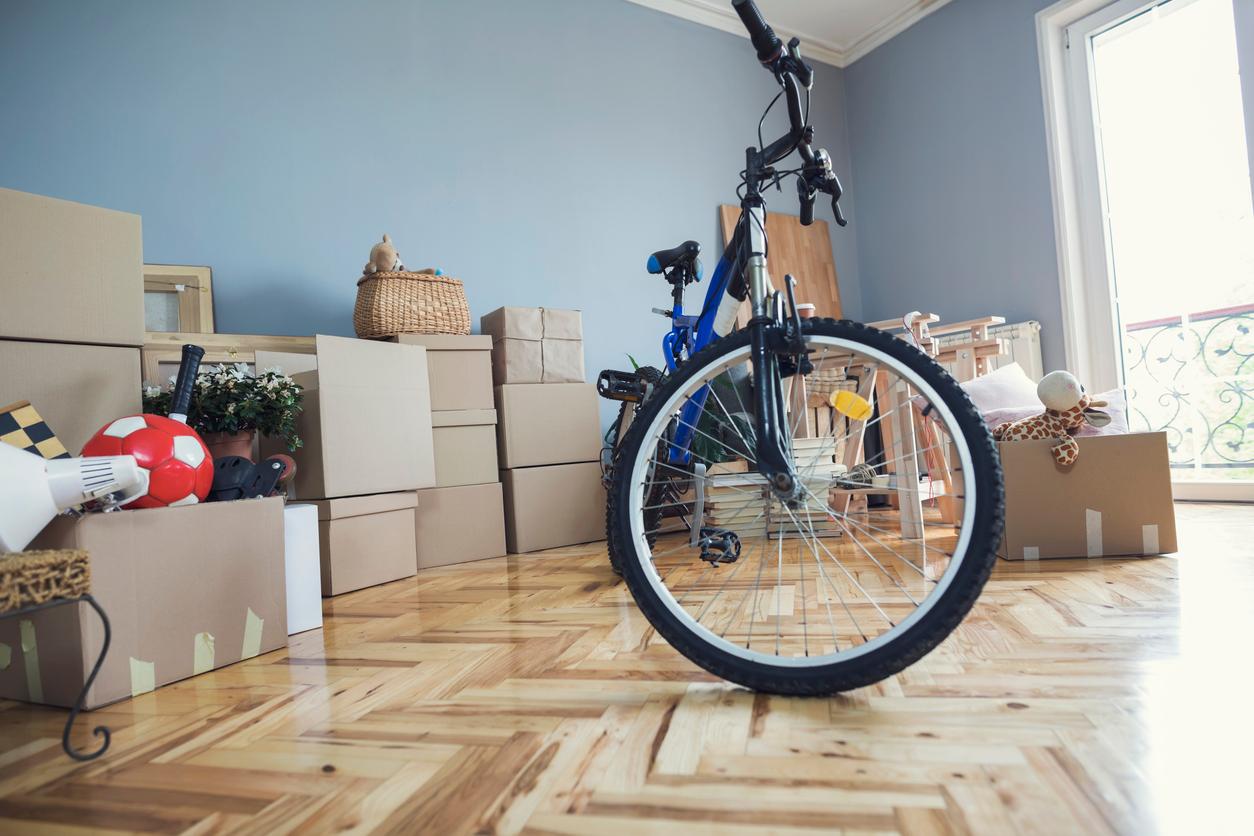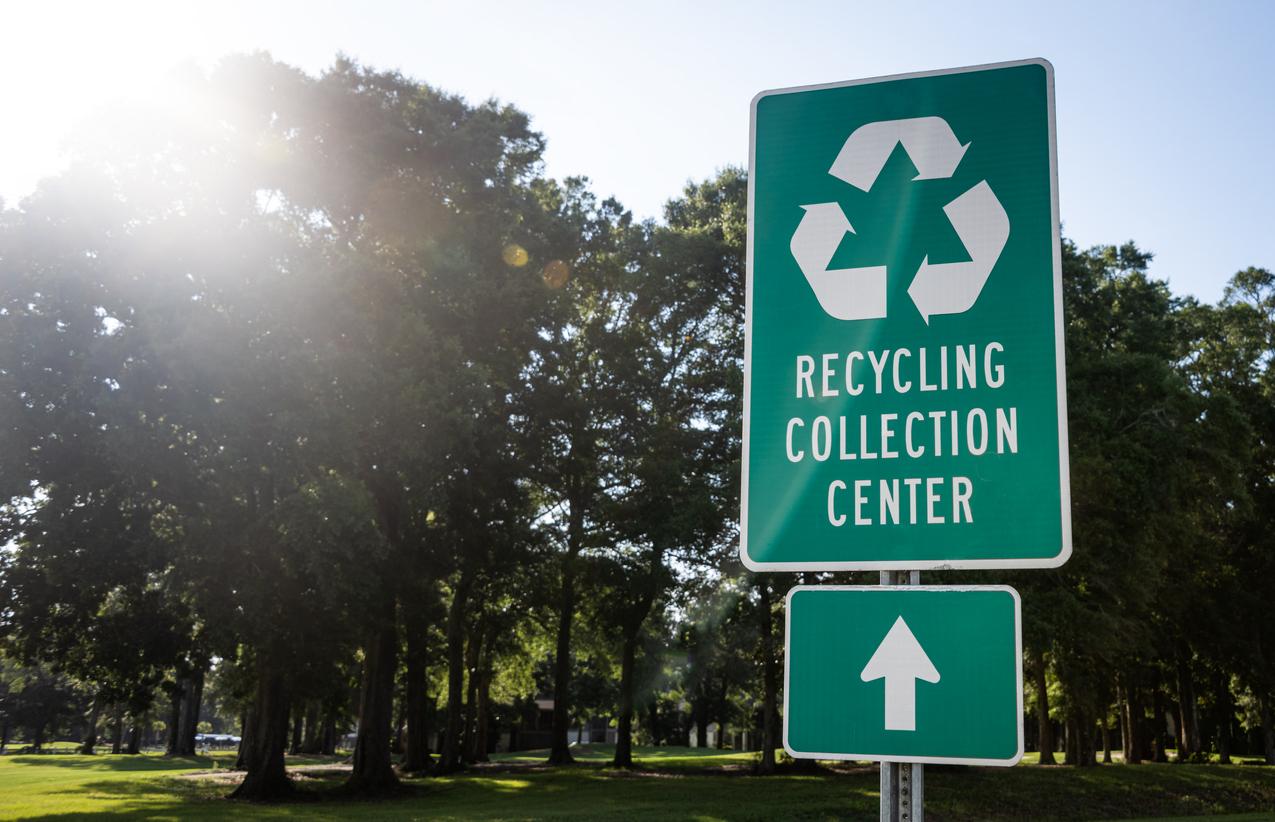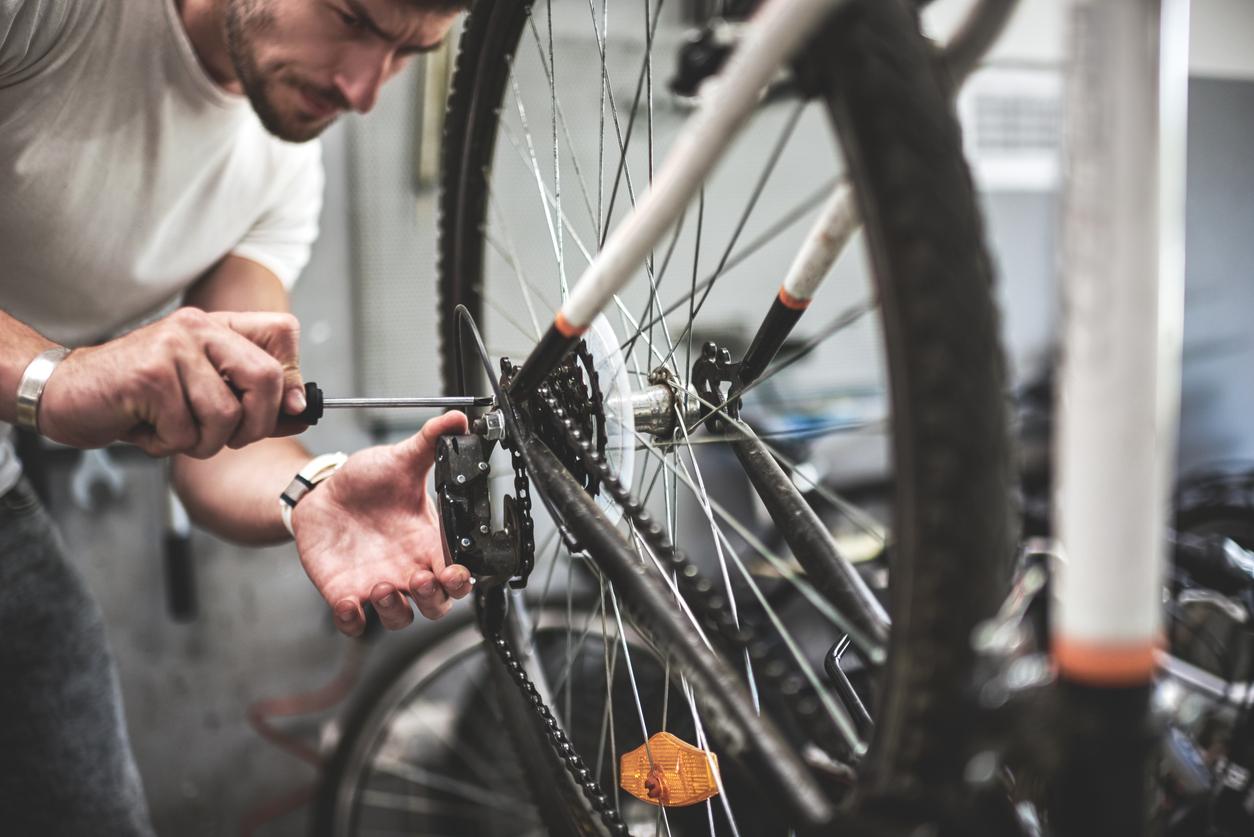No Matter the Occasion, Bicycles Can Enjoy a Second Life — Here's Where to Donate Your Bike
There are many opportunities to impact the lives of people in your community through a bike donation.
Published June 14 2024, 3:09 p.m. ET

Our bicycles sustainably transport us where smog-producing cars sometimes cannot, and they efficiently carry us where our legs would otherwise tire too quickly. Donating a used bicycle, then, is a noble idea.
Many people are concerned that donating to Goodwill is problematic, and secondhand websites and smartphone apps may prove to be too much of a complex hassle for some people in a hurry.
Some bicycles may be in excellent condition and no longer of any use to their current owners and thus ready for a new home. Other bicycles may have traveled untold miles to prepare for an easy retirement with their next owner. Still others may no longer be operable and salvageable, though their parts may be upcycled and find new uses.
Let's explore the available options and how you can access each one no matter where you live in the U.S.
Donate your bicycle to a veteran in need.

The Las Vegas-based National Bikes for Veterans organization saw firsthand how bicycles aided military veterans in improving their overall well-being by offering a source of transportation. One firsthand account shared in the National Alliance on Mental Illness said the organization specifically supports veterans diagnosed with Post-Traumatic Stress Disorder.
You can contact your local Veterans Affairs hospital for resources or search a platform like Google Maps or Yelp for veteran resources to discuss donating your bike.
Nearby bicycle donation companies will accept usable bike and accessory drop-offs.
If you're in the DMV area of the northeastern U.S., for example, Bikes for the World is a great organization that aids in community service and programs abroad for those who need it most. A simple search for bicycle donation programs in my area resulted in several close-by matches and reputable nonprofits an easy drive away.
If you are unsure if your bicycle or accessories are fit for donation, be sure to contact any organization beforehand to confirm your donation is suitable for their needs.
Some toy drives and donation events for kids accept gently used bicycles and accessories.
While some toy drives and holiday-focused events accept only new toys and bicycles, the Minnesota-based Bikes4Kids, for example, accepts both used bicycles and those whose parts can be repurposed for other bicycles.
Some charities offer pickup services for those in need.

For a variety of reasons, some people with generous hearts cannot make the trek to their nearest donation center to drop off their gently used goods. Enter organizations like Habitat for Humanity, which offers a pickup program for acceptable items for donation.
Habitat ReStores, for example, offers online scheduling for donation pickups, and in some cases, an arrangement can be made directly with the local store or charity.
Organize a donation drive in your community.

If you live in an area where physical donation stores and pickup services are sparse or non-existent, you can take matters into your own hands and organize a community-wide donation drive.
To begin, you'll want to identify a charity to collaborate with and set the parameters for which items can be donated and in what quality or condition they can be given. A local bicycle shop is a great place to talk to for recommendations for reputable charities.
Bicycles beyond repair can be recycled.

Regardless of utility, organizations like the Oregon-based Community Cycling Center will ensure that unusable parts are recycled and don't end up as waste in a landfill. Whether your local recycling center or a dedicated bicycle nonprofit accepts your unusable bicycle parts, you'll have the reassurance that otherwise useless parts don't end up as garbage.
If your bicycle isn't fit for donation, you can still donate usable bike parts to a charity.

As the National Veterans Foundation explains, these ragtag collections of parts assist charities in rebuilding bikes to make them suitable for those in need. Even if your one bicycle, as a whole, isn't suitable for donation, the sum of its parts may make a life-changing difference for many individuals down the road.